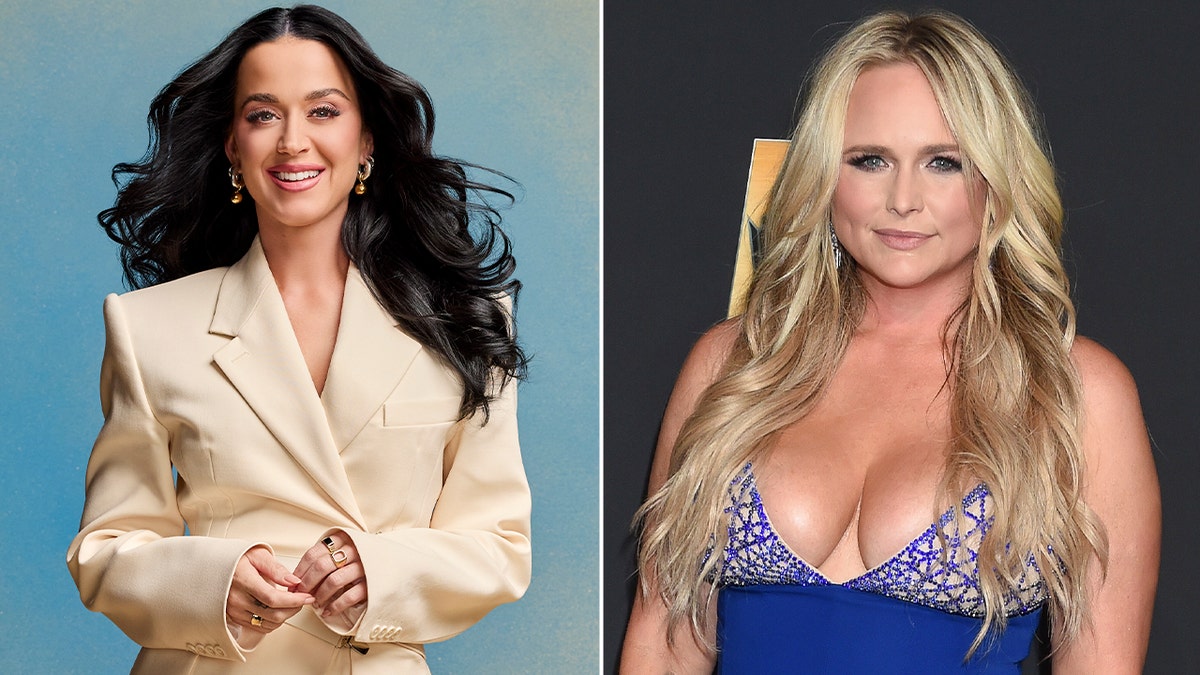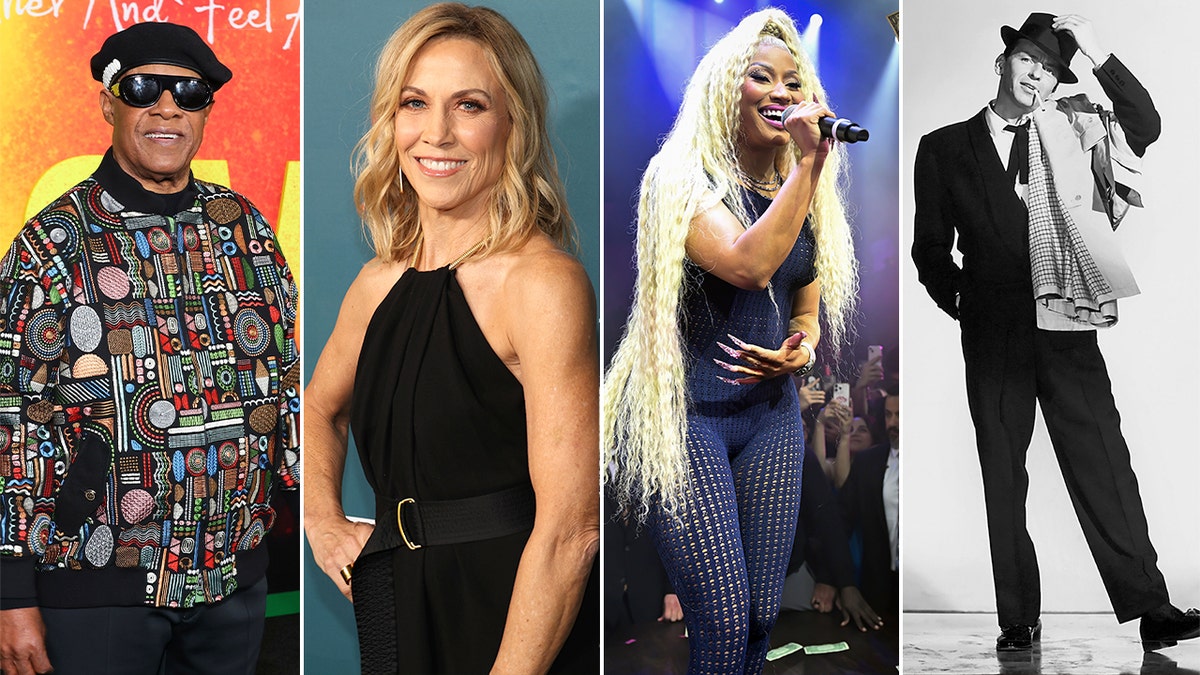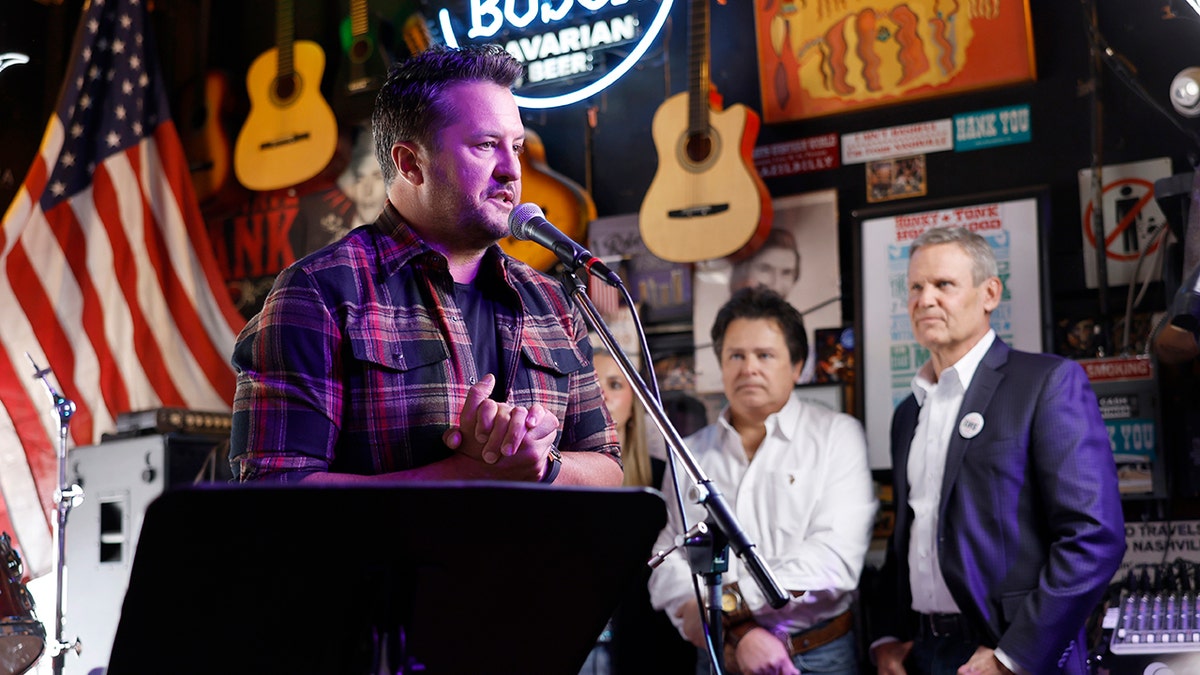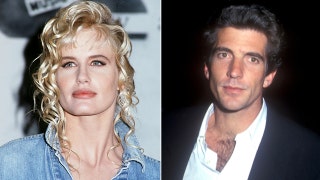AI expert explains how artificial intelligence is outpacing the current laws protecting celebrity likenesses
AI expert Marva Bailer explains how, even though there are currently laws in place, the average person has more access than ever to create deepfakes of celebrities.
Katy Perry and Miranda Lambert are just some of the more than over 200 names who have signed a letter speaking out for musicians’ rights as artificial intelligence continues to expand its reach.
"We, the undersigned members of the artist and songwriting communities, call on AI developers, technology companies, platforms and digital music services to cease the use of artificial intelligence (AI) to infringe upon and devalue the rights of human artists," the letter begins.
It goes on to state, "When used irresponsibly, AI poses enormous threats to our ability to protect our privacy, our identities, our music and our livelihoods. Some of the biggest and most powerful companies are, without permission, using our work to train AI models. These efforts are directly aimed at replacing the work of human artists with massive quantities of AI-created ‘sounds’ and ‘images’ that substantially dilute the royalty pools that are paid out to artists.
"For many working musicians, artists, and songwriters who are just trying to make ends meet, this would be catastrophic."

Katy Perry and Miranda Lambert are just some of the over 200 names signing an open letter asking AI developers to respect artists' rights. (Getty Images)
WHAT IS ARTIFICIAL INTELLIGENCE (AI)?
The open letter, submitted by the Artist Rights Alliance, a non-profit made up of "working musicians, performers, and songwriters fighting for a healthy creative economy and fair treatment for all creators in the digital world," per their official website.
The letter notes that "AI has enormous potential to advance human creativity" when used "responsibly."
"This assault on human creativity must be stopped. We must protect against the predatory use of AI to steal professional artists’ voices and likenesses, violate creators’ rights, and destroy the music ecosystem," the letter continues.
It then calls on AI developers, tech companies and digital music services to "pledge that they will not develop or deploy AI music-generation technology, content or tools that undermine or replace the human artistry of songwriters and artists or deny us fair compensation for our work."

A diverse array of musicians, including Stevie Wonder, Sheryl Crow, Nicki Minaj and the estate of Frank Sinatra have signed the letter. (Getty Images)
CLICK HERE TO SIGN UP FOR THE ENTERTAINMENT NEWSLETTER
Other names on the list include the estate of Frank Sinatra, Mumford & Sons, Imagine Dragons, Nicki Minaj, Sheryl Crow, Johnny Cash’s daughter Rosanne Cash, Motown legends Stevie Wonder and Smokey Robinson, Oscar-winner Billie Eilish and former One Direction member Zayn Malik.
The Artists Rights Alliance is a member of the Human Artistry Campaign, which recently celebrated the signing of the ELVIS Act in Tennessee.
Luke Bryan attended the signing of the legislation, saying at the time, "What an amazing precedent to set for the state of Tennessee. The leaders of this are showing artists who are moving here following their dreams that our state protects what we work so hard for, and I personally want to thank all of our legislators and people who made this bill happen."

Luke Bryan praised the amazing precedent set by Tennessee's new ELVIS Act, which includes AI protections. (Jason Kempin/Getty Images for Human Artistry Campaign)
LIKE WHAT YOU’RE READING? CLICK HERE FOR MORE ENTERTAINMENT NEWS
He continued, "It's hard to wrap your head around what is going on with AI, but I know the ELVIS Act will help protect our voices."
Tennessee is one of three states where name, photographs and likeness are considered a property right rather than a right of publicity, and the ELVIS act now adds vocal likeness to the list.
CLICK HERE TO GET THE FOX NEWS APP
The bipartisan bill, which passed unanimously in the state General Assembly, also promises to create a new civil action by which people can be held liable if they publish or perform an individual's voice without permission as well as use a technology to produce an artist's name, photographs, voice or likeness without the proper authorization, according to the Associated Press.















































